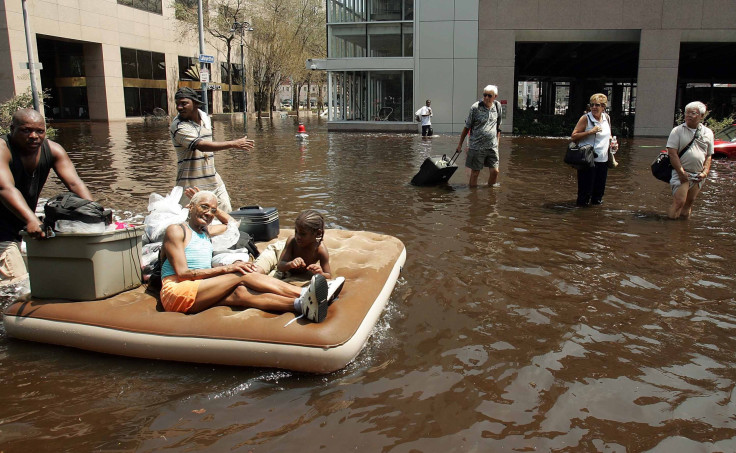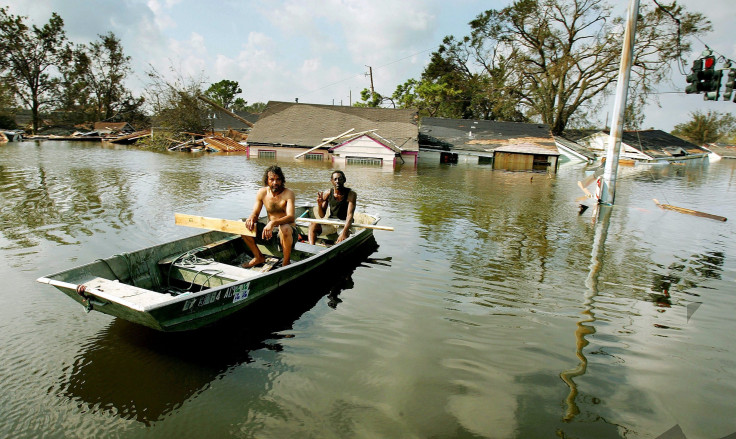How Climate Change Affects Humans: Mental Health Harmed By Global Warming

Climate change has long been linked to physical harm in humans: be it injuries resulting from storms, illness borne out of flooding or malnutrition from droughts, extreme weather events have been known to harm human health. Though it's less obvious, there's a link between climate change and mental health as well. A report released Wednesday by the American Psychological Association, Climate for Health and ecoAmerica detailed how climate change and associated extreme weather events can cause trauma, post-traumatic stress disorder, anxiety and an abundance of other mental health problems.
"The tolls on our mental health are far reaching," the report stated. "They induce stress, depression and anxiety; strain social and community relationships; and have been linked to increases in aggression, violence and crime."
Read: Global Warming Concern In U.S. Rises To Record Percentage
Extreme weather events like droughts and floods can cause feelings of hopelessness and helplessness or intense feelings of loss, as does the loss of valuable personal items in such situations, the report noted. Hurricane Katrina was a prime example of how climate can impact mental health. Among people living in areas affected by the storm, suicidal ideation more than doubled, one in six people met the criteria for post-traumatic stress disorder and almost half of people developed a mood disorder.

The Union of Concerned Scientists agreed that the psychological consequences of climate change can be devastating. Between 25 and 50 percent of people exposed to an extreme weather event show adverse mental health effects, according to psychologist and researcher Carl F. Weems, an associate professor at the University of New Orleans.
“An intensely traumatic event will have a substantial effect on the mental health of many survivors,” said Weems, according to the Union of Concerned Scientists. “The more severe and intense your exposure to traumatic experiences during a disaster, the more likely that you will have severe mental health problems. If you watch someone die or your house floods, you tend to have more intense effects.”
Read: Climate Change Causing Massive, Toxic Algae Blooms In Arabian Sea
Aside from the consequences of weather events themselves, the responses to climate change as a whole can be detrimental to mental health as well, the report noted.
“Conflict avoidance, fatalism, fear, helplessness and resignation are growing,” the report said. “These responses are keeping us, and our nation, from properly addressing the core causes and solutions for our changing climate, and from building and supporting psychological resiliency.”
The authors suggested that some of the ways climate change can be mitigated would be beneficial to mental health as well. Physical commuting, it noted, enhances a sense of well-being, while the addition of green space in communities diminishes stress and clean energy reduces health burdens that may lead to mental health problems.
© Copyright IBTimes 2024. All rights reserved.






















